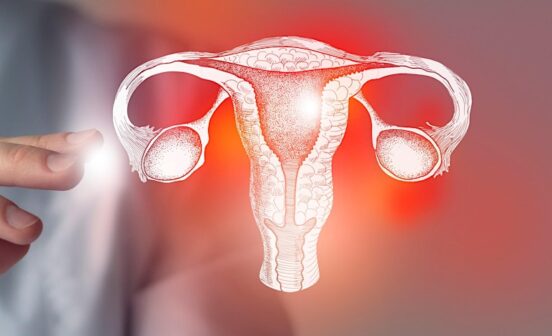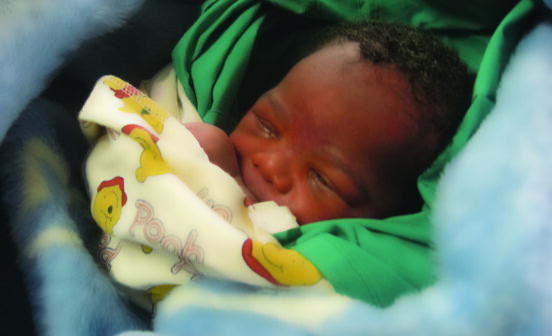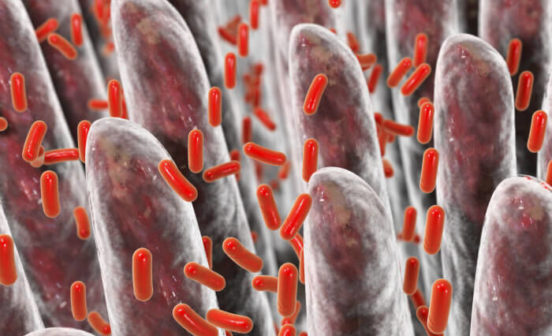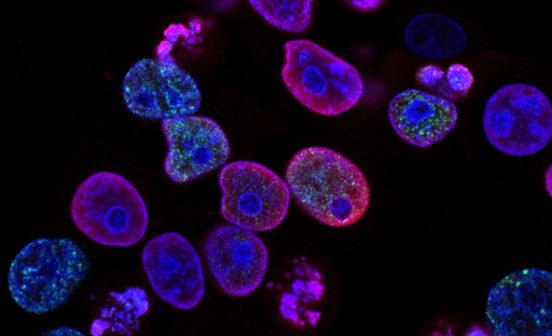Award NIHR awarded over £1m to Imperial BRC for vital research equipment
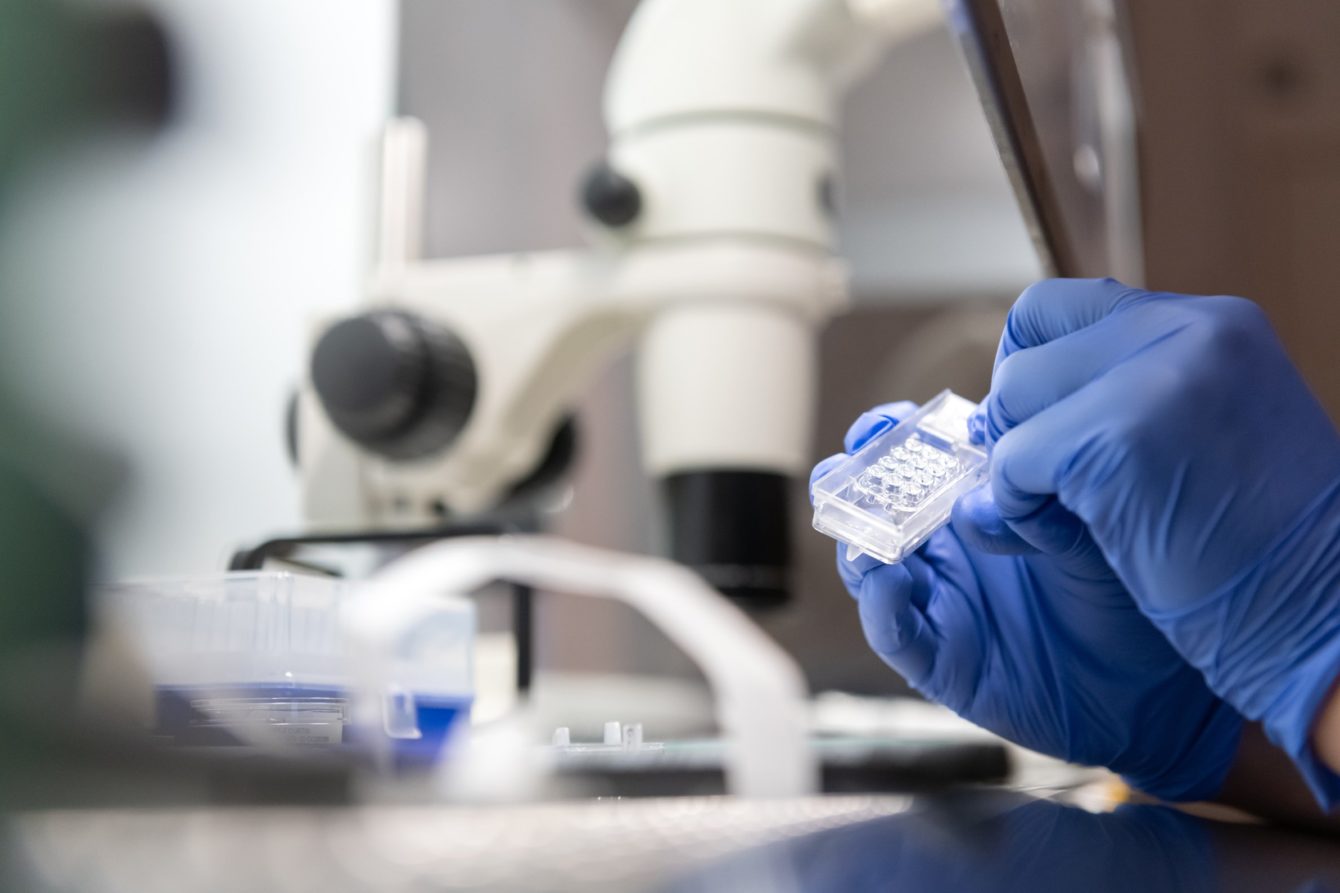
Imperial BRC has been awarded more than £1 million by the National Institute for Health and Care Research (NIHR) for cutting-edge equipment that will support vital translational research across the BRC partnership.
This funding is in addition to more than £100m awarded since 2022 to continue developing new experimental treatments and diagnostics for patients. The NIHR Imperial BRC is a partnership between Imperial College Healthcare NHS Trust and Imperial College London.
The new equipment will help researchers improve outcomes for patients by increasing access to clinical trials and innovative new treatments across the Trust.
Increasing capacity for treatment of blood cancer
A significant portion of the new funding will be used to increase capacity in the cellular therapy laboratory, which works with clinicians, scientists and drug companies to deliver new treatments for patients with blood cancers and other blood cell diseases.
The equipment can help doctors and researchers to enable patients’ own cells to destroy their cancer through genetic engineering to replace cells with defects. This could also have a significant impact on patients with sickle cell disease and thalassemia, where demand for treatment and research currently exceeds capacity.
Improving the delivery of ‘poo’ transplants
Research conducted as part of the NIHR Imperial BRC partnership has previously shown that faecal microbiota transplants (also known as ‘poo transplants’) can treat gut infections and other gut-related diseases, improving outcomes for patients, quality of life and reducing infections and time spent in hospital.
New equipment purchased as part of this grant will be able to deliver the transplant at the Trust in tablet form, rather than through a tube in the stomach, which has been shown to be the preferred method of having the transplant by patients. This will allow further clinical trials to take place, investigating the use of faecal microbiota transplants for other diseases.
Caring for premature babies
BRC neonatal researchers have been testing a new technique, known as a super-resolution ultrasound scan (SRUS) to assess the brains of premature or sick babies at their bedside. This imaging allows doctors to see the tiniest blood vessels and structure of the brain at far greater clarity than MRI, meaning the new machine will help identify signs of brain injury safely, early and accurately, while keeping vulnerable premature newborns as close to their parents as possible. This intervention has the potential to reduce the risk of death or lifelong complications, such as cerebral palsy
Commenting on the impact of the new funding, NIHR Imperial BRC director, Professor Mark Thursz, said: “The impact of research infrastructure can sometimes be overlooked but in most cases, the equipment that all our researchers rely on underpins successful clinical trials. The new equipment we will acquire as a result of this funding has the potential to improve outcomes for patients significantly and support our research teams to deliver trials with wider access and increased impact more easily.”


